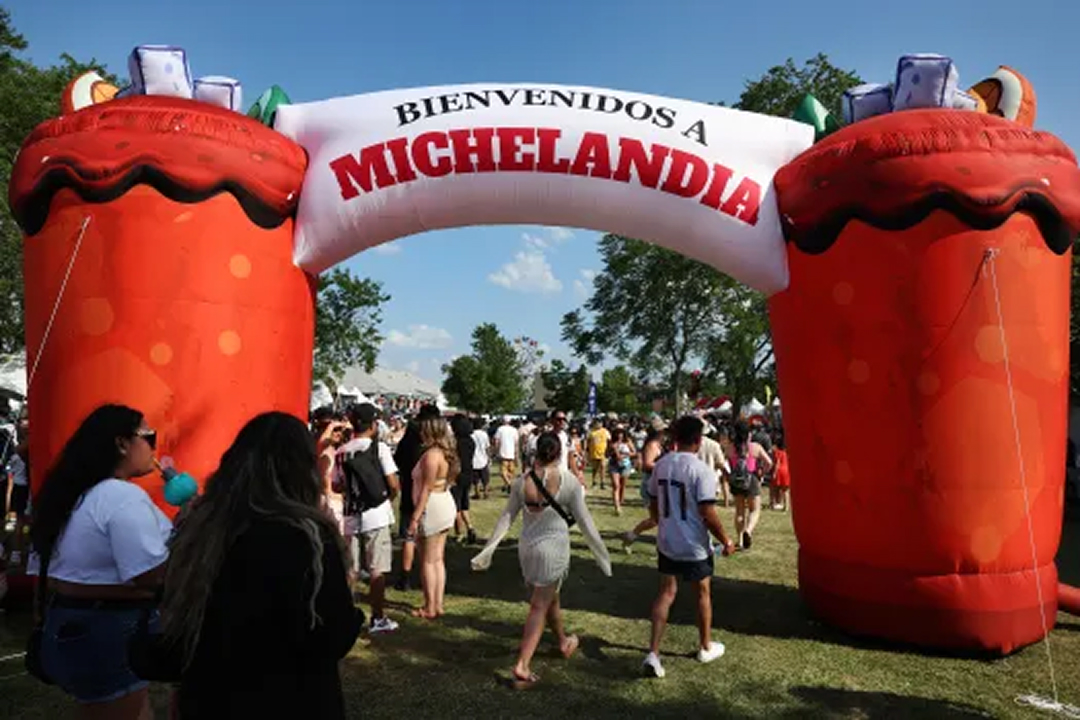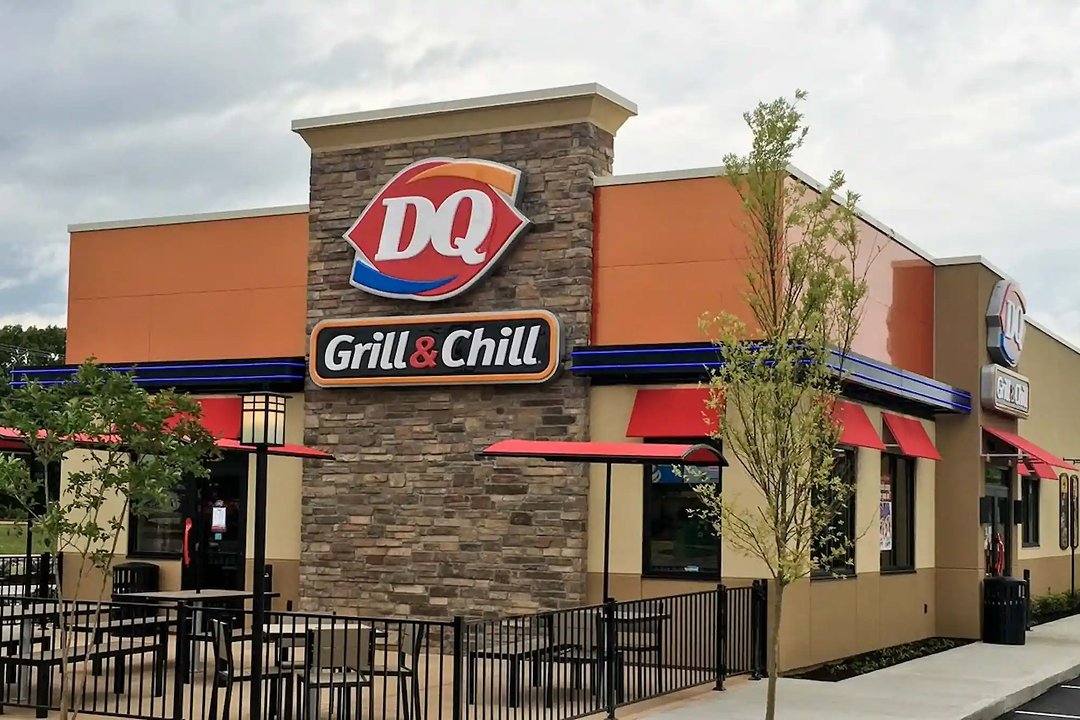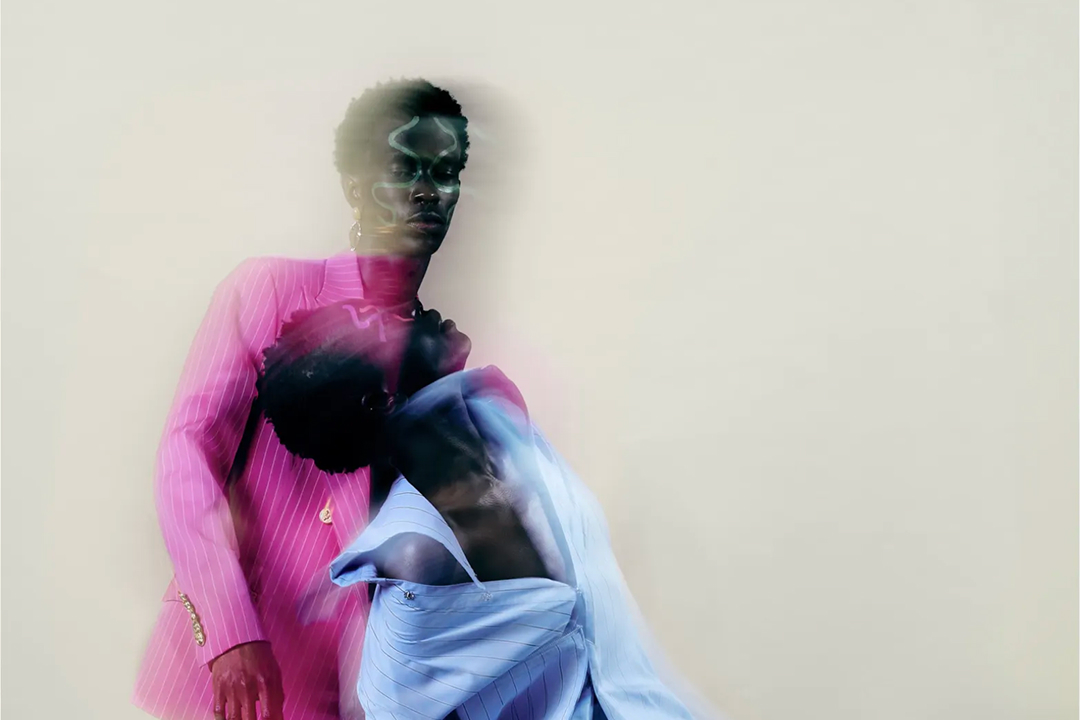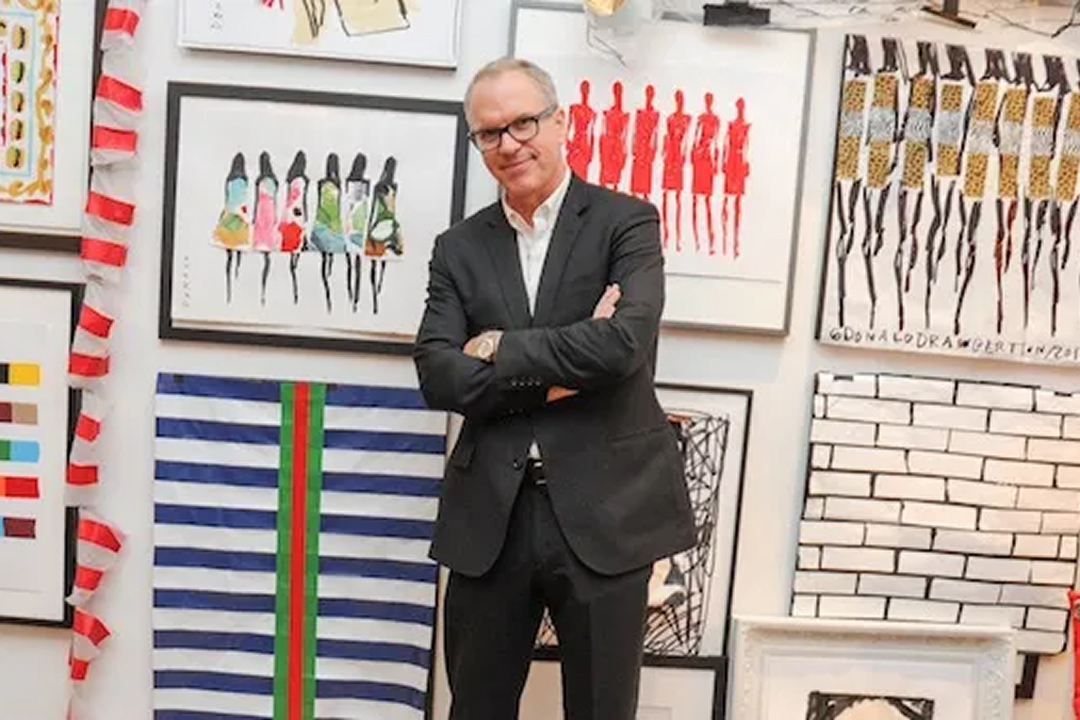Miche Fest 2025 Called Off Due to Political Tensions and Visa Issues for Many Latino Artists

Miche Fest was expecting a breakthrough summer this year.
Starting from Pilsen, all the way to Oakwood Beach, Miche Fest grew to be recognized by thousands of Latinx from Chicago and music enthusiasts from far and wide. This year, the lineup included big names from around the world such as Anitta, Grupo Firme and Danny Ocean. People were buying tickets quickly. The city was all set.
And then, nothing.
Recently, organizers announced that the 2025 Miche Fest would not move forward, citing issues around artist visas and what they called “a shifting political climate.” The decision came just weeks before the July 19–20 event.
“It would be irresponsible to move forward without a clear path,” co-founder Fernando Nieto said in an interview. “We never want to put our fans in the position where they’re not getting the best experience.”
That “experience,” according to Nieto, hinged on more than 60% of Sunday’s lineup, international acts who now face unpredictable hurdles at the U.S. border.
Visa Denials, Rising Risks
The warning signs were there.
In April, the U.S. State Department revoked visas for Los Alegres Del Barranco, citing imagery linked to cartel glorification during a live performance. Their removal triggered a scramble to secure a replacement. Gabito Ballesteros was tapped in, but soon he, too, was caught in visa limbo.
Nieto found that there was a common trend appearing.
“Enough of these issues surfaced that we believed they could escalate,” he explained. “It’s too big a risk.”
And it’s not just about visas. This decision lives inside a larger narrative, one that’s quietly reshaping who gets to perform, and where, in today’s America.
A Festival That Was More Than Music
Formerly called ‘Michelada Fest,’ the event was launched as a local block party offering street-style fun, music and delicious micheladas in Pilsen. As it got larger, Miche Fest became a place for people to celebrate Latinx culture. By the year 2024, the event was attracting over 10,000 people.
That growth led to more challenges and expectations. Many people in Pilsen and Oakwood Beach brought up concerns including noise, crowds spreading onto the streets and not enough parking available. Citizens suggested the event should be moved elsewhere, as it caused disruptions to everyone’s daily routines.
But the deeper story isn’t about rowdy fans or blocked streets. It’s about a cultural event struggling to survive in a climate that increasingly treats Latino expression with suspicion.
“We’re heartbroken by the greater impact this will have on our involved community,” Miche Fest organizers said in their public statement. “This has ripple effects reaching our neighborhoods, local economy, and the culture we’ve built together.”
They’re not alone.
This spring, Pilsen’s Cinco de Mayo parade was canceled after sponsors pulled out. A celebration for the Purepecha, an Indigenous Mexican community in Chicago, was postponed due to immigration enforcement fears. The Silver Room Block Party and Hyde Park Summer Fest, long-standing South Side events, both shut down in the past two years.
These aren’t isolated losses. They’re symptoms of something broader.
Culture Caught in the Crosshairs
In an election year defined by border politics and rising anti-immigrant rhetoric, cultural festivals like the Miche Fest have become increasingly vulnerable.
“The current administration is not only targeting our people, but our culture as well.” Nieto wrote in a social media statement following the cancellation. He called it “heartbreaking, but necessary.”
Even events that managed to proceed did so on a knife’s edge. In early May, a Miche Fest spin-off in El Paso sold out a single-day show. But that success, according to Nieto, came down to “luck and timing.” One missed visa approval could have unraveled it all.
And so, after internal meetings and hard conversations, the Chicago team made its call.
Fans have responded with a mix of reactions.
“Thank you for thinking of your people and thinking ahead,” one wrote on Instagram. “It would be the most hurtful thing to see a beautiful festival like this targeted.”
“It’s sad,” wrote another, “but it’s safe for our community. We have to fight for what’s right.”
What Comes Next?
Miche Fest organizers say they will reimburse all tickets within three weeks. However, they seem to hint at something too.
A move back to basics. A smaller event. Maybe even a street fest again, with local acts and less red tape.
“There’s a lot of nostalgia there,” Nieto added. “People do miss the energy of those early days.”
For now, the lights are out. But the message is clear: Miche Fest isn’t gone. It’s regrouping.
And in a year where Latino voices are being pushed out of public spaces, from stages to streets, the festival’s next move may be its most meaningful yet.





